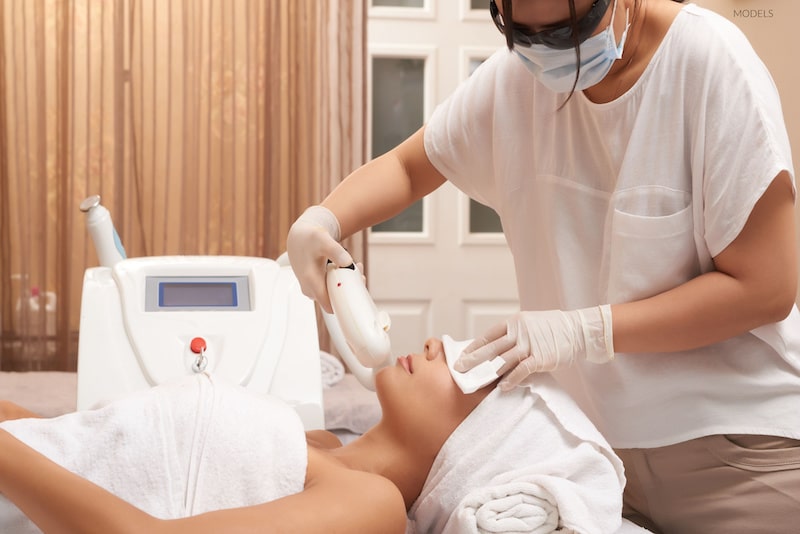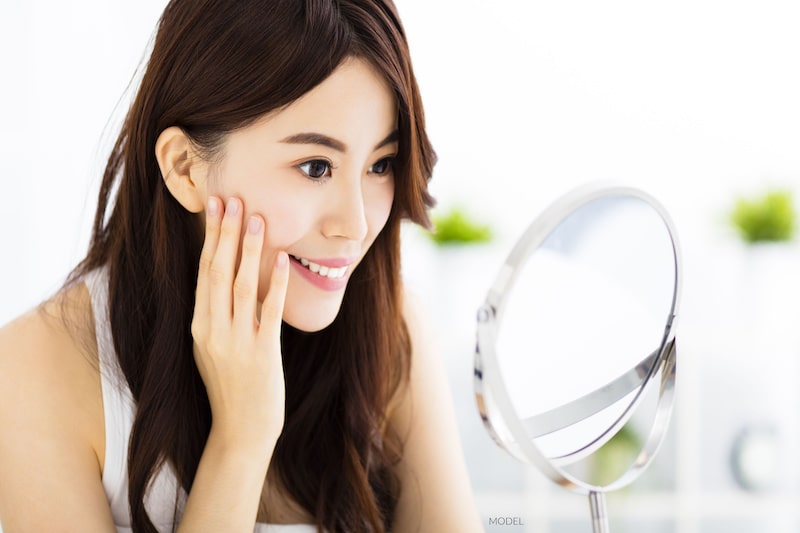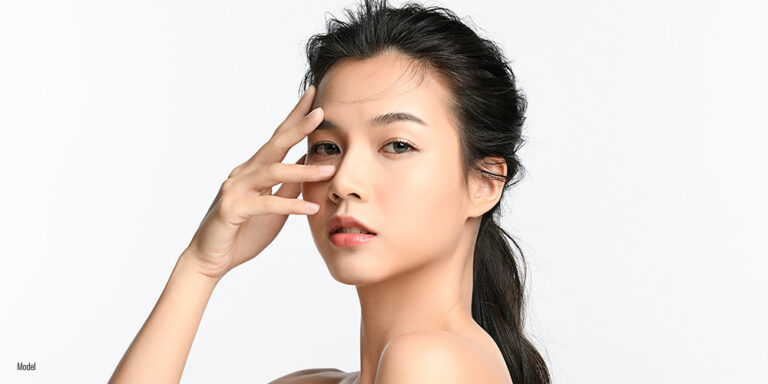3 Minute Read:
The truth is that not all skin is the same, especially when you consider the skin of different ethnicities.
A prime example is the appearance of keloids, which are unsightly, raised lumps on the skin after an injury. Keloids are caused by an excess of protein (namely collagen) in the skin, and Asian patients are more prone to developing keloids than other ethnicities.
Additionally, Asian skin tends to have more of the pigment melanin in it than Caucasian skin does. While there is no physical harm in this extra melanin, it does cause Asian skin to be more prone to discoloration under certain conditions, including cosmetic treatments like laser skin resurfacing.
Below, you will find some information on laser skin resurfacing and its effect on Asian skin as well as ways to help ensure successful treatments for Asian patients.
What Does Laser Skin Resurfacing Do?
Laser skin resurfacing is one of the most rejuvenating non-invasive treatments available for patients.
Wrinkles, fine lines, and other skin imperfections (including scars) can cause men and women to feel self-conscious and embarrassed, but laser skin resurfacing can minimize the appearance of these blemishes. This treatment works by destroying the epidermis so that new and healthy skin can grow and stimulating the production of collagen. (Collagen is responsible for the health and youthfulness of our skin.)
For this procedure, a handheld device is moved over the treatment area. This device directs laser energy into the skin to help reduce the appearance of imperfections and promote collagen and elastin in the skin.
Depending on the extent of correction needed, this treatment can last anywhere from a few minutes to over an hour, and one of the best parts of laser skin resurfacing is that there is often little pain and downtime (depending on the specific laser treatment).
During the next two or three weeks after your procedure, your body will heal itself with new and healthy skin growing. After you heal fully, you will see noticeably smoother and more youthful skin.

How Can I Protect My Asian Skin During and After Laser Skin Resurfacing?
As mentioned earlier, Asian skin is more prone to discoloration than the skin of many other ethnicities. Dr. Lee helps to make sure that your Asian skin is not negatively affected by your laser skin resurfacing treatment by using a special laser that uses shorter bursts of laser energy than standard lasers normally do.
This keeps the skin from being affected too much at one time, which can cause the discoloration.
One of the most essential aspects of safe and effective Asian laser skin resurfacing treatments is your consultation. During your laser skin resurfacing consultation, Dr. Lee will examine your skin (its blemishes and its composition) to make sure that he is treating it in the most appropriate and effective manner.
Another way to keep your skin from discoloration from your treatment is to pretreat the skin in the target area with Retin A® and hydroquinone, which is a bleaching agent. By preparing the skin before your treatment, you can help ensure that your results are exactly what you want.
In Conclusion
While there are extra risks and considerations that go into laser skin resurfacing for Asian patients, these issues should not deter you from attaining the skin you desire.
If you struggle with skin imperfections, and you want them to be corrected, then laser skin resurfacing can be your best option. Just remember to follow any and all pre- and post-treatment instructions so that you can look and feel your best and choose a facility that is trained in treating ethnic skin.
Want to Learn More?
If you have questions about laser skin surfacing or any of the other surgical and non-surgical options that Dr. Charles S. Lee offers at Asian Cosmetic Surgery, please feel free to call at 310-271-5954 or fill out this contact form.







